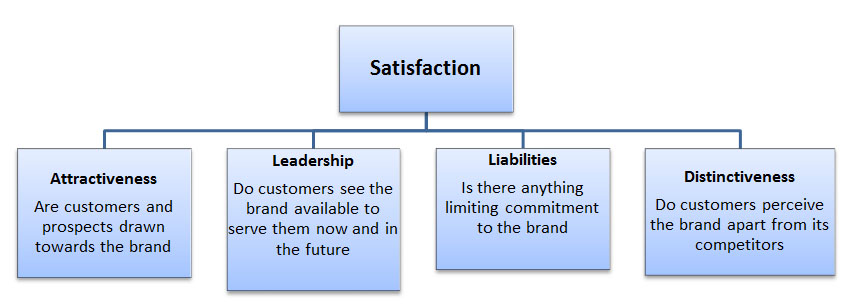Conjoint Analysis – Meaning, Usage and its Limitations
April 3, 2025
 Conjoint Analysis – Meaning, Usage and its Limitations
Conjoint Analysis – Meaning, Usage and its Limitations
Introduction During the sixties, when researchers tried to understand consumers’ decision making process, they used a simple questionnaire or a form. Respondents would generally answer what was on the top of their minds or what they assumed the researcher wanted to hear. However, this did not always correspond to their actual purchase decisions. For example,…
 What Is the Purpose of a Management Case Study?
What Is the Purpose of a Management Case Study?
A management case study is an in-depth study of a project, challenge, or phenomenon within a business. By focusing on real-world examples, management case studies allow researchers to explore how businesses actually operate, revealing the systems, behaviors, and choices that drive success…or lead to failure. In this guide, we’re taking a closer look at the…
 Big Data and the Power to Predict
Big Data and the Power to Predict
Is Big Data a Magic? We often hear the term Big Data being used to describe how online retailers as well as mega corporations are targeting the consumer behavior by having the power to predict, sense, and intuit future consumer decisions. Indeed, Big Data is talked about in hushed tones with a sense of awe…
A brand is a perception in its consumers’ minds. A strong brand can command a premium price. This power of a brand is measured using a technique of marketing research – Brand Health Survey.

Figure: Current health status of some popular brands
While checking a brand’s health certain vital aspects are captured such as how aware are people of the brand, how do they perceive the brand, what do they expect from it and from other competitors and whether they intend on buying. Tracking brand equity is an important function of any brand manager or of someone in marketing. Not only does it help in staying a step ahead of competition, but it also quantifies the effectiveness of marketing and advertising campaigns.
Broadly, this technique is used to measure a 360 degree view of a brand. It includes the following aspects:
Following features are covered for a comprehensive brand tracking study:
Consumer awareness is the connection between marketing and sales. Awareness depicts how familiar customers are with the brand. In a brand health survey both recall and recognition are captured.
Recall is a better indicator of the brand’s health as a name that first comes to the customers’ minds is more desirable as compared to a name that is prompted and then recognized. In the former case, customers are also more likely to recommend the brand.
Understanding a brand’s usage helps a company realize its standing in the market. Apart from getting an idea about the consumers’ purchase behaviour and preferences, the study also indicates the brand’s market share. While measuring brand usage, frequency of usage, recency of purchase and total spending on the brand are quantified.
This part of the study simply checks whether the brand is coherent with the customers’ expectations and how well their needs are fulfilled. Every brand strives to maintain a positive impression about itself in the minds of the customers.
Measuring brand attributes checks time and again whether this is true and if not, what is the pitfalls customers associate with the brand. In a nutshell, customer satisfaction is the primary attribute to be checked which is comprised of several sub attributes as described under:

Measuring the likelihood of purchase is an important part of the brand health survey. Respondents should be probed on their reason for purchase, channel and time so that a near accurate prediction of the actual purchase decision can be made.
Depending on the industry and the organization, this study can be conducted at an interval of 3-6 months or on an annual basis. Generally it is required most frequently in the FMCG sector due to the fast faced atmosphere of that industry.
For the services industry, a much lesser frequency is sufficient. PwC implements this study once every two years to understand its position amongst the Big Four consulting companies.
It is beneficial to conduct brand health survey in the following changing circumstances:
Your email address will not be published. Required fields are marked *